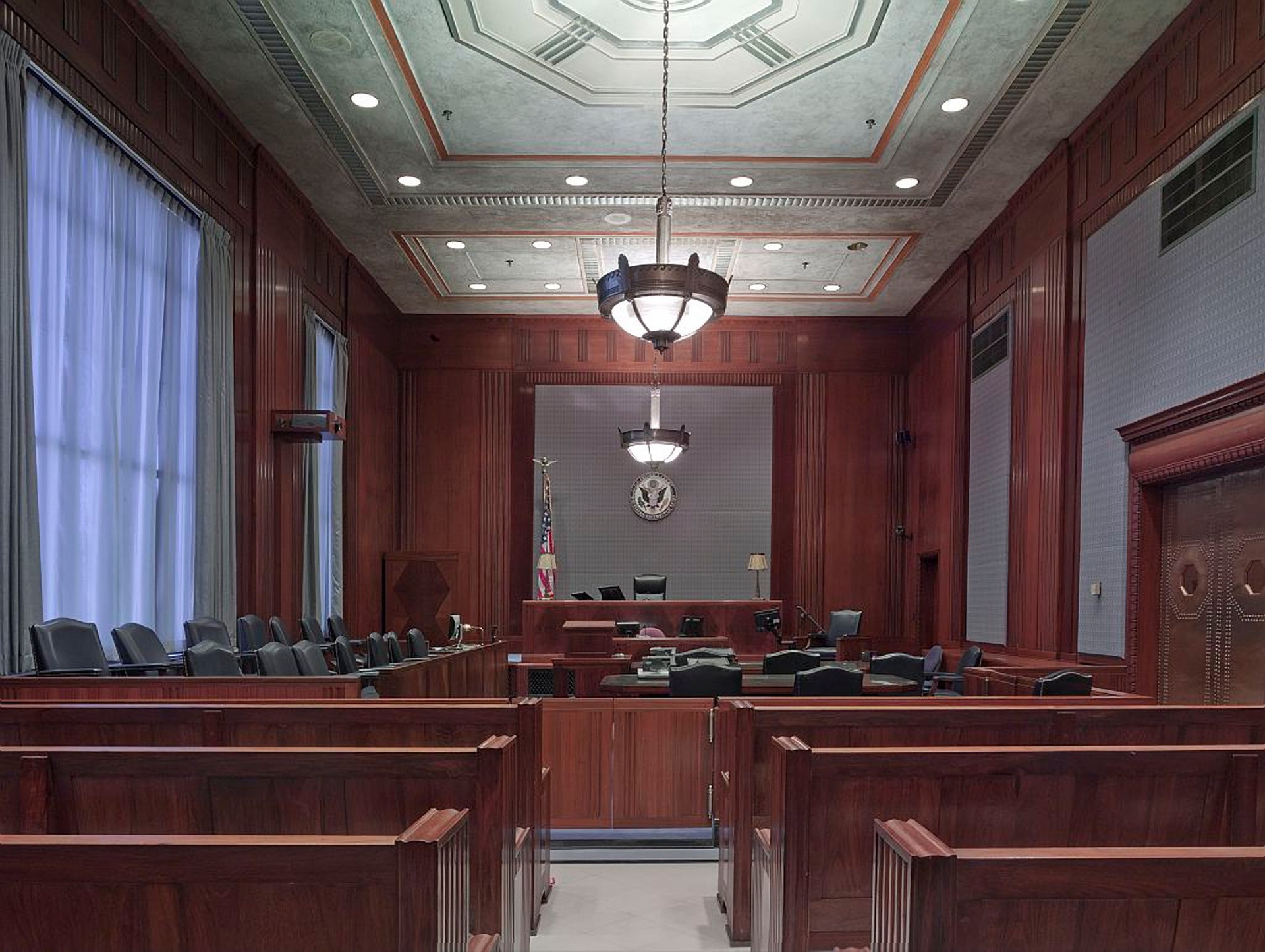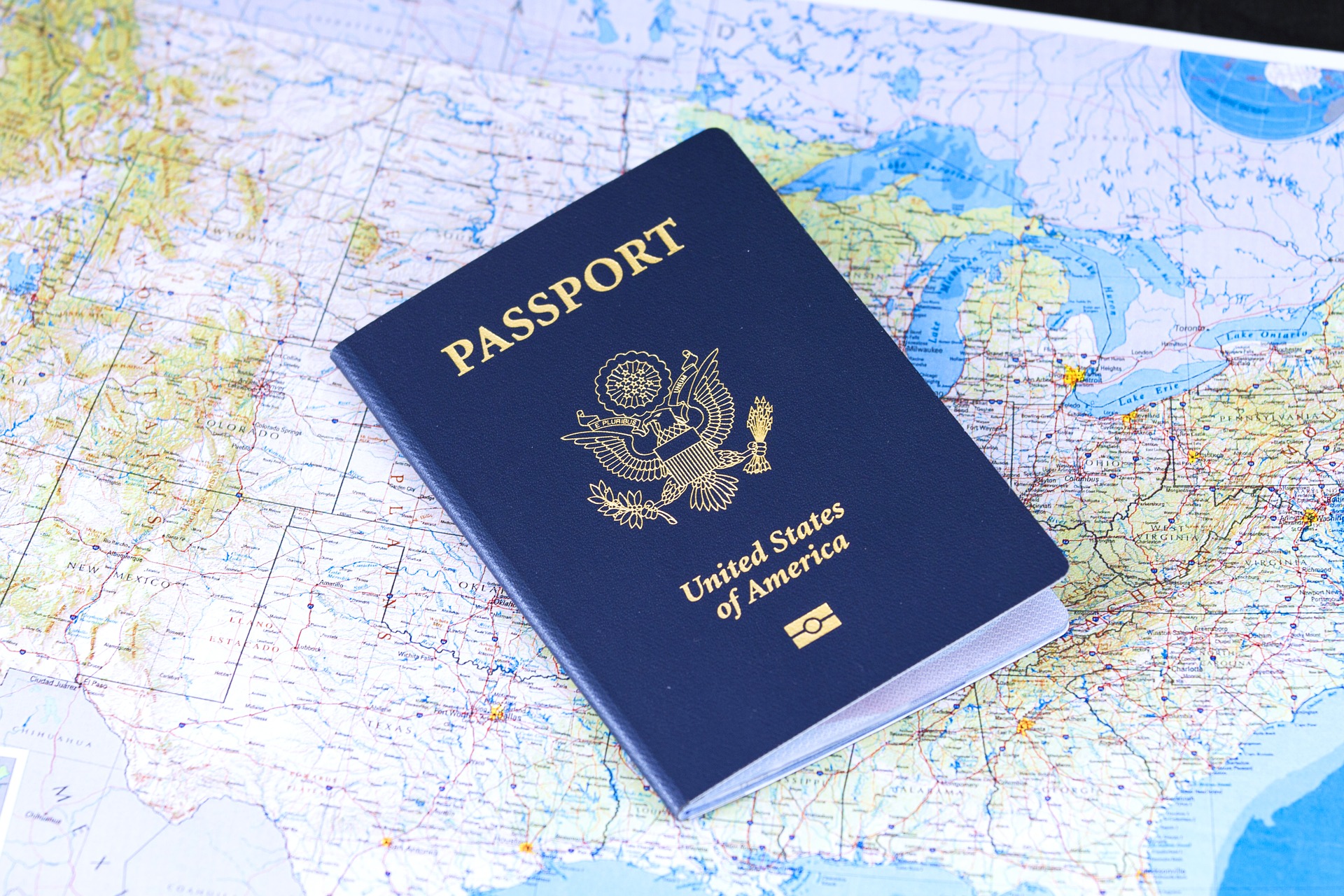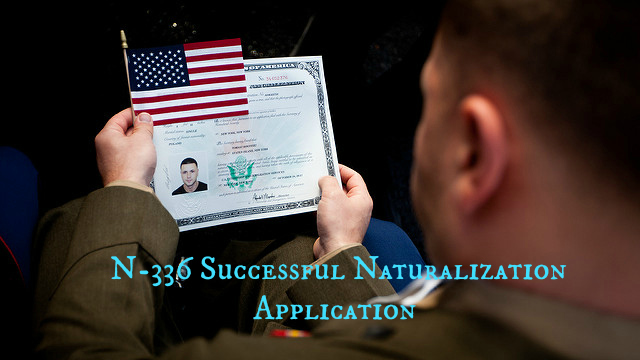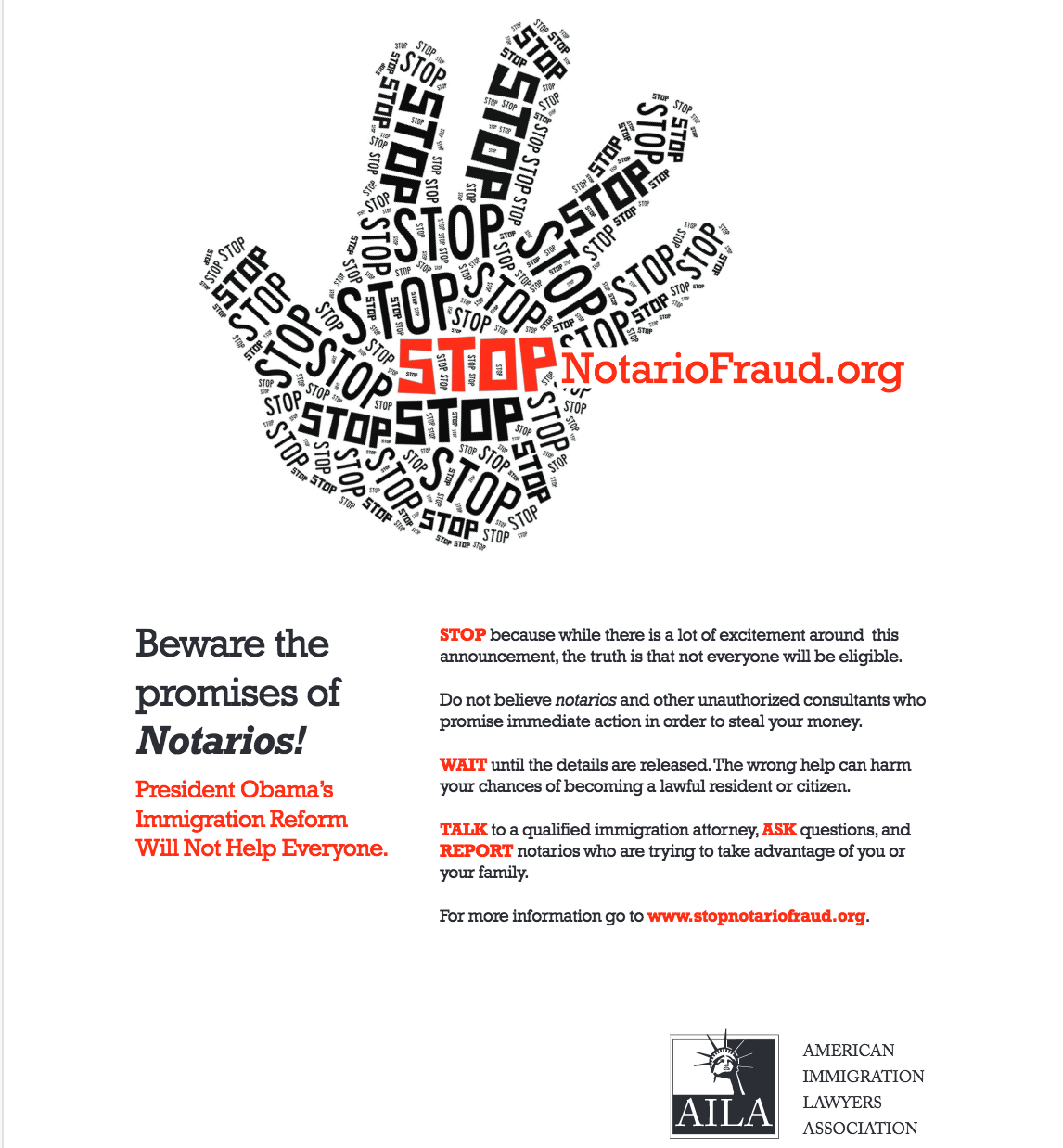If you have applied for the I-130/485 based on marriage to your US Citizen spouse, chances are you are anxiously awaiting an interview. In this post we will cover the documentation you need to provide at the I-485 interview to prove the bona fides of your relationship. The most common question clients ask is, what a bona fide marriage is and how do I prove that I have a bona fide marriage.
A bona fide marriage is one that was entered in good faith and not with an intention to deceive. A green card applicant does not have a bona fide marriage if he or she entered the marriage solely to receive an immigration benefit from USCIS. Immigration officers are trained to identify fraudulent or “sham” marriages where either party or both parties have entered the marriage simply for the green card applicant to obtain his or her permanent residence in the United States, without any sincere intention to live together in the same household or form a marital bond. Immigration officers search for inconsistencies in any answers provided by either party to the marriage, and carefully scrutinize supporting documentation provided by the couple with the initial I-485 filing.
There are various forms of documentation that are strong evidence proving the bona fides of a relationship. Generally speaking, evidence of cohabitation, joint ownership of assets and joint responsibility for liabilities, and birth certificates of children born to the marriage are strong evidence proving that a marriage is genuine.
Cohabitation: One of the most important aspects of proving bona fide marriage is to show cohabitation—that you are living with your spouse. You can show evidence of cohabitation by providing a copy of your lease agreement showing both of your names on the lease if you are renting an apartment. If your spouse maintains ownership of a private residence, your spouse can provide a copy of the deed including both of your names, or if the green card applicant’s name is not yet on the deed, the petitioner can provide a statement as evidence of cohabitation. Other documents that can be shown to prove cohabitation include joint utility bills such for gas and electricity, water, internet bills, phone bills, etc. that contain both of your names. In addition, any mail sent to your residential address containing both of your names may be used as evidence of cohabitation. The strongest evidence showing cohabitation however is a copy of the lease agreement or deed containing both names.
 Visa Lawyer Blog
Visa Lawyer Blog









